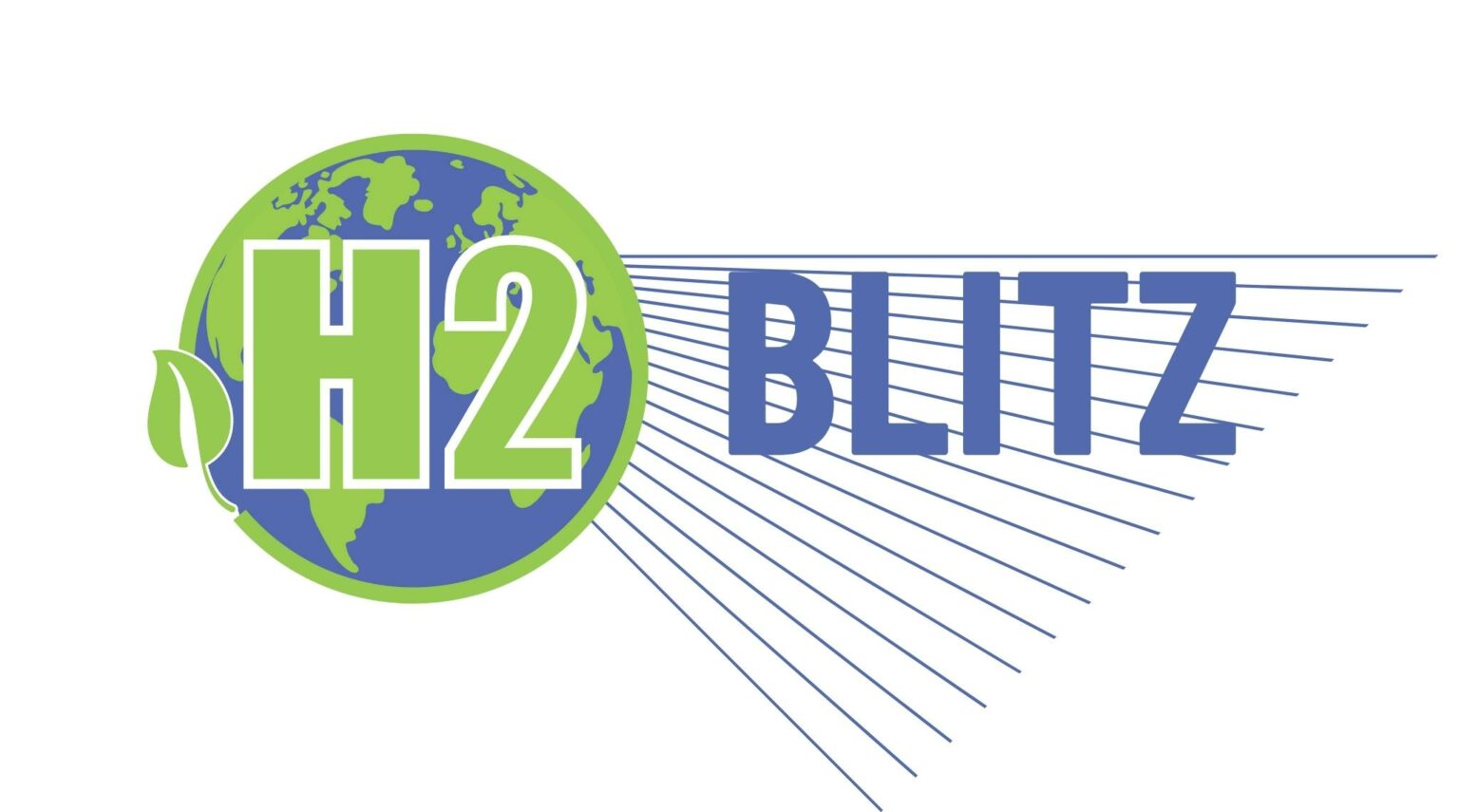Rolls-Royce and easyJet tests aircraft cryogenic liquid hydrogen pump systems
From the mid-2030s onward, Rolls-Royce and its partner easyJet are dedicated to leading the way in the advancement of hydrogen combustion engine technology, which will be able to power a variety of aircraft, including those in the narrowbody market category.
The newest series of tests, to prove aircraft cryogenic liquid hydrogen pump systems, have commenced at Rolls-Royce’s plant at Solihull, UK.
These will tackle a major engineering problem: pressurizing low-pressure liquid hydrogen that has been cooled to less than -250°C in order to be injected into an engine and burn.
In order to enable hydrogen to be used in aviation, Rolls-Royce has identified three technological challenges: fuel delivery, fuel combustion, and fuel systems integration with an engine. It must be verified that every component functions safely.
Hyundai Motor to unveil roadmap for software, AI and hydrogen at CES
The leading manufacturer in South Korea, Hyundai Motor Co., announced on Thursday that at CES 2024, which takes place next month, it will unveil its future roadmap for software, artificial intelligence, and hydrogen energy.
For its media event, Hyundai Motor has released a sneak peek photo. It will take place on January 8 at the Mandalay Bay Convention Center in Las Vegas. The business stated that it will demonstrate how its software-driven and hydrogen-powered transition may provide advantages to all.
In order to create a completely functional, user-centric ecosystem that connects products, services, and solutions, the business also intends to present the software strategy for the whole Hyundai Motor Group as well as its future course.
First Hydrogen welcomes Canada’s new Electric Vehicle Availability Standard
The introduction of Canada’s new Electric Vehicle Availability Standard, which will enhance the availability of clean, zero-emission vehicles (or “ZEV”) throughout the country, has thrilled First Hydrogen, as has Honourable Steven Guilbeault, Minister of Environment and Climate Change.
ZEVs comprise the fuel-cell vehicles (“FCEV”) fuelled by hydrogen, plug-in hybrid electric vehicles (“BEV”), and battery-electric vehicles (“BEV”). Building on the company’s earlier statement, the release expands on plans to establish a 35 megawatt (“MW”) hydrogen production plant and a 25,000 unit annual zero-emission car assembly factory in Shawinigan, Quebec. The company has launched an FCEV demonstrator program for North America.
The Standard will help Canada meet its climate change goal of averting 362 megatonnes of cumulative greenhouse gas emissions by ensuring that the country can reach its national aim of 100% zero-emission vehicle sales by 2035. The FCEV from First Hydrogen has demonstrated that hydrogen power is necessary to achieve the climate change targets set by Canadian fleet operators in industries like grocery stores, parcel delivery services, mining, and utilities.
